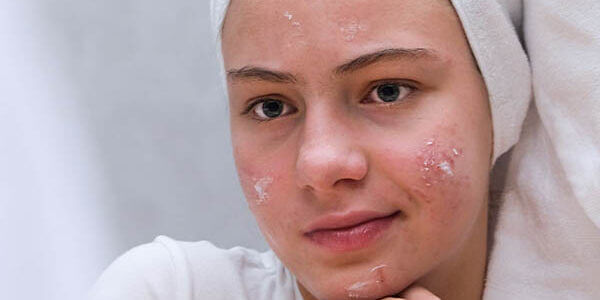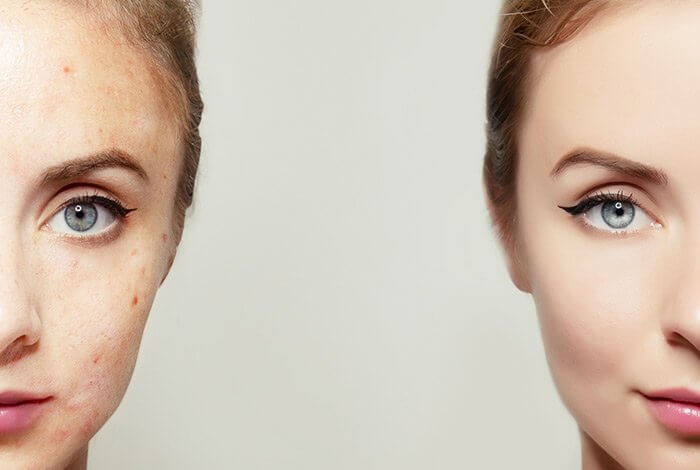
How Did It Make You Feel?
Acne is a common skin condition that typically affects adolescents but can also occur in adults. It is characterized by the presence of pimples, blackheads, whiteheads, and sometimes deeper cysts or nodules. The severity and duration of acne can vary from person to person.
Acne can have both physical and emotional effects on individuals who experience it. Physically, acne can cause discomfort, pain, and itching. It can also leave scars or marks on the skin, which may affect a person’s self-confidence and self-esteem.
Emotionally, acne can have a significant impact on one’s mental well-being. Many people with acne feel self-conscious about their appearance and may experience embarrassment or frustration. Acne can also lead to social anxiety, withdrawal from social activities, and even depression in some cases.
It’s important to note that everyone’s experience with acne is unique, and while some people may have mild and temporary breakouts, others may struggle with severe and persistent acne for years. If you or someone you know is dealing with acne and finding it challenging, it is advisable to consult a dermatologist or a healthcare professional who can provide appropriate guidance and treatment options.
How Did You Discover That Acne Could Be Treated Holistically?

The holistic approach to treating acne takes into account various factors that contribute to the development of acne, including lifestyle, diet, stress levels, hormonal balance, and skincare routines. It recognizes that acne is not solely a skin issue but can be influenced by multiple internal and external factors.
The idea behind holistic acne treatment is to address the underlying causes of acne rather than just treating the symptoms. Some common principles of holistic acne treatment include:
1 Diet and nutrition: Certain foods, such as those high in refined sugars and unhealthy fats, may trigger or worsen acne in some individuals. A holistic approach involves adopting a healthy, balanced diet that includes plenty of fruits, vegetables, whole grains, and lean proteins while minimizing processed foods and sugary snacks.
2 Lifestyle changes: Managing stress levels, getting enough sleep, and engaging in regular physical exercise can help promote overall well-being, which in turn may have a positive impact on acne.
3 Skincare routine: Using gentle, non-comedogenic (non-pore-clogging) skincare products and avoiding harsh chemicals can be beneficial. Regular cleansing, exfoliation, and moisturizing can help maintain healthy skin.
4 Hormonal balance: In some cases, hormonal imbalances can contribute to acne. A holistic approach may involve addressing hormonal issues through lifestyle changes, stress management, and, in certain cases, consulting a healthcare professional for hormonal evaluation and potential treatment options.
5 Natural remedies: Some individuals explore natural remedies like tea tree oil, aloe vera, or witch hazel as part of their holistic acne treatment. It’s important to note that the effectiveness of these remedies can vary, and it’s advisable to consult with a healthcare professional before trying any new treatment.
It’s worth mentioning that while a holistic approach to acne treatment can be beneficial for some individuals, it may not be the most effective or suitable option for everyone. Acne severity and individual circumstances vary, so it’s important to consult with a dermatologist or healthcare professional who can provide personalized advice and treatment options based on your specific situation.

